 |
 |
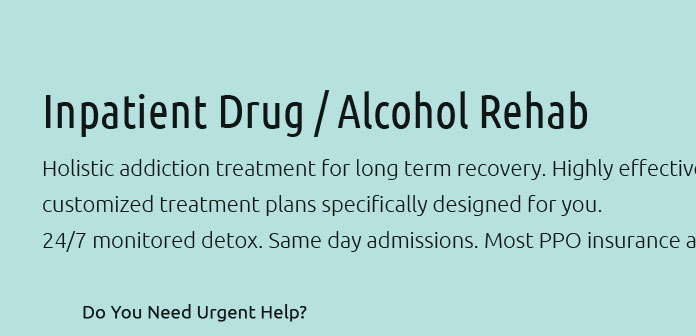 |
 |
 |
 |
||
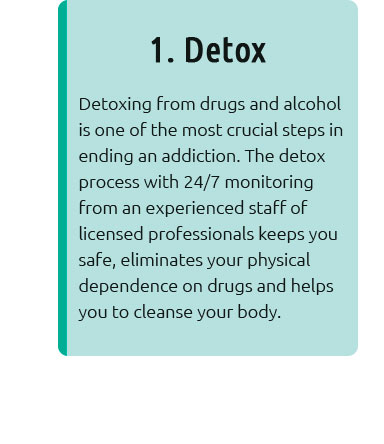 |
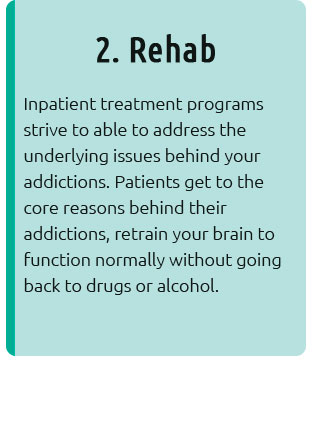 |
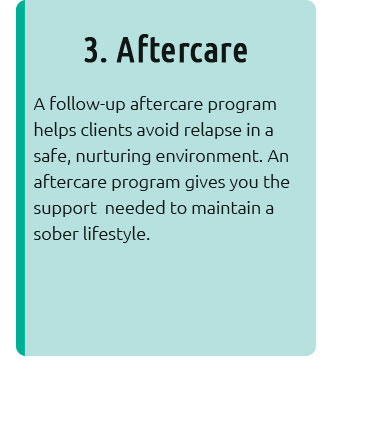 |
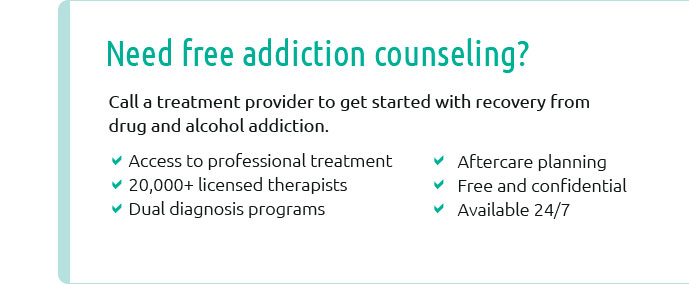 |
 |
 |
 |
||
 |
||
 |
||
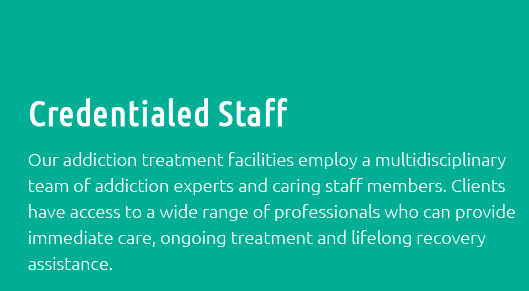 |
 |
 |
|
 |
|
|
Welcome to our premier drug addiction treatment center, where transformation begins and hope is restored; here, we believe in the power of change, offering a sanctuary of healing and empowerment through our unparalleled inpatient drug and alcohol rehab program-it's not just about breaking free from addiction, it's about reclaiming your life with unwavering support, cutting-edge therapies, and a compassionate community that stands by you every step of the way; embrace a future where you are in control, and let us guide you to a life of renewed purpose and unshakable resilience.
https://findtreatment.gov/
SAMHSA's confidential and anonymous resource for persons seeking treatment for mental and substance use disorders in United States and its territories. https://www.umms.org/ummc/locations/addiction-treatment
Addiction is a treatable medical condition. At the UM Addiction Treatment Center we offer substance abuse treatment services for individuals with alcohol ... https://www.healthvermont.gov/alcohol-drugs/how-get-help/find-treatment
VT Helplink is Vermont's connection to substance use disorder treatment programs and other alcohol & drug support services.
|